
The European Microstates: The Prospect of EU Membership in the Context of Association Agreement Negotiations
Currently, Malta is the smallest EU member state – both in terms of size and population. However, it may soon be replaced by another, even smaller one, since a number of countries in Western Europe have been willing to collaborate with the European Communities already for several decades now. Apart from Switzerland, such enclaves include Andorra, situated between Spain and France; Monaco, located on the French Riviera; Liechtenstein, established between Switzerland and Austria; and two territories in Italy – the Vatican City State and San Marino. Each of the relations between these microstates and the EU is different. It is likely that three of them would be revised soon.
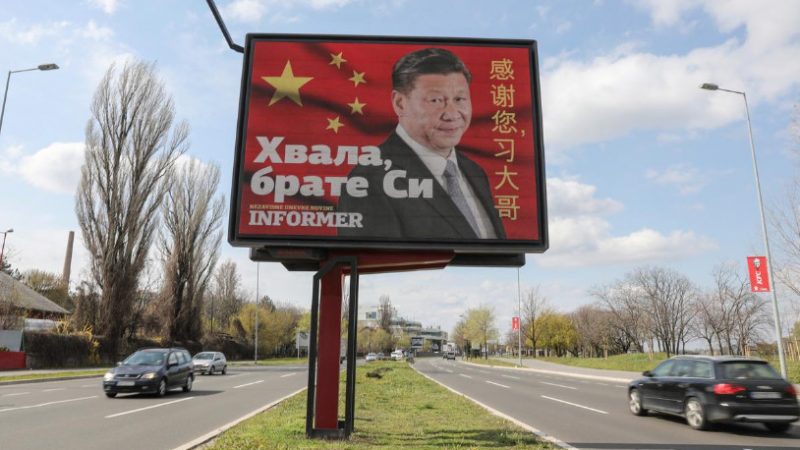
Will Western Balkans Remain on EU Integration Agenda?
The past two years appear to have brought a breakthrough in the relations between the European Union and the Western Balkans. Countries such as Albania and North Macedonia followed a policy in line with EU guidelines to start accession negotiations. Serbia and Kosovo are now in talks to achieve a future peace agreement which would allow them to break the deadlock with the EU. Securing a peace deal with Kosovo will pave Serbia’s way for EU accession talks while Kosovo could apply for a status of a candidate country.
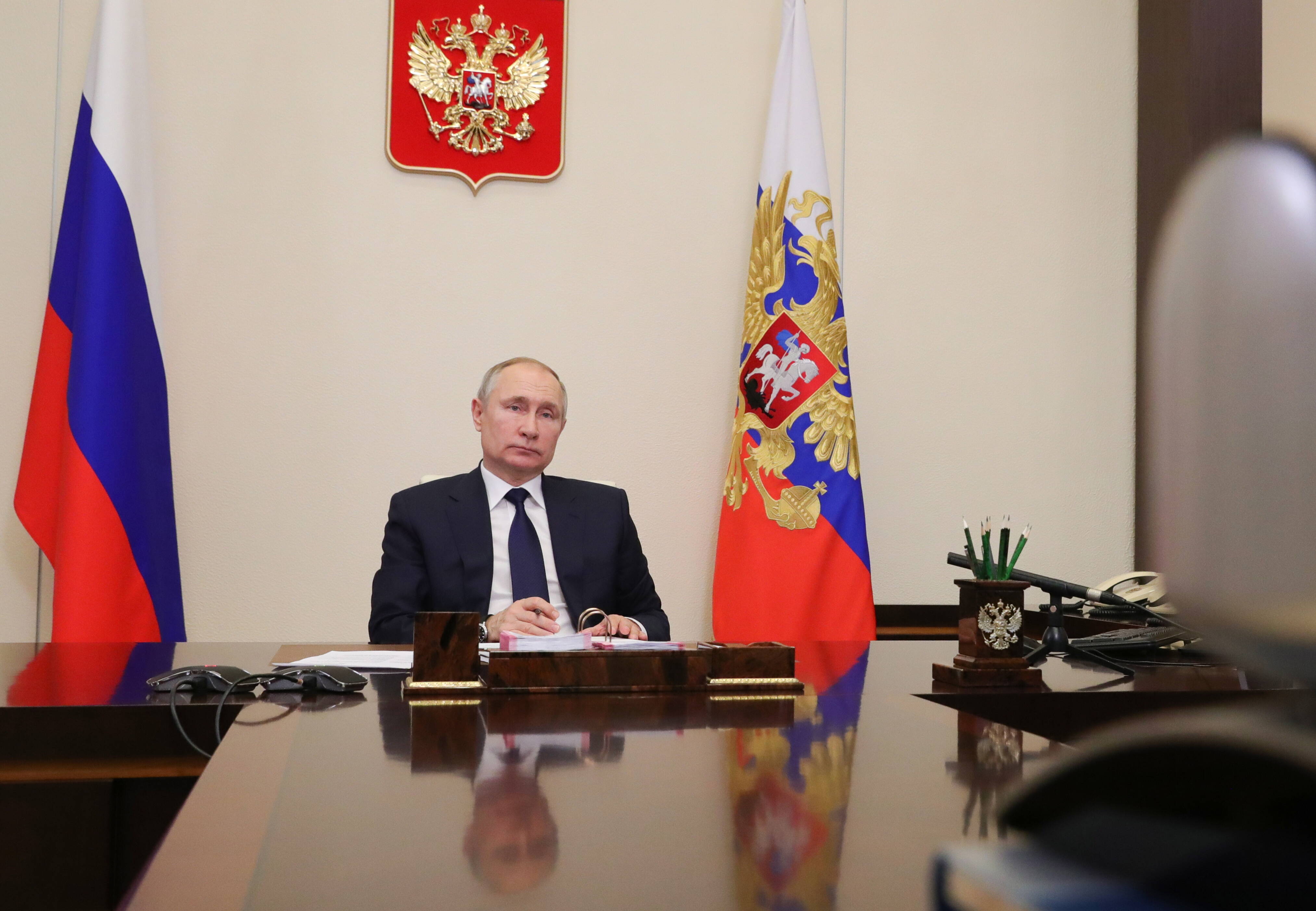
Putin’s Dictatorship
The brutal suppression of the protests in support of Alexei Navalny and his earlier arrest have symbolically begun a new chapter in the history of Putin’s Russia. Only the use of force and repression allow the regime to continue its existence. As a result of last year’s events, Vladimir Putin realized that he will not gain the support of the majority of Russians again. This is the end of democracy in Russia, even the sham one, but also the beginning of the end of Putin’s rule.
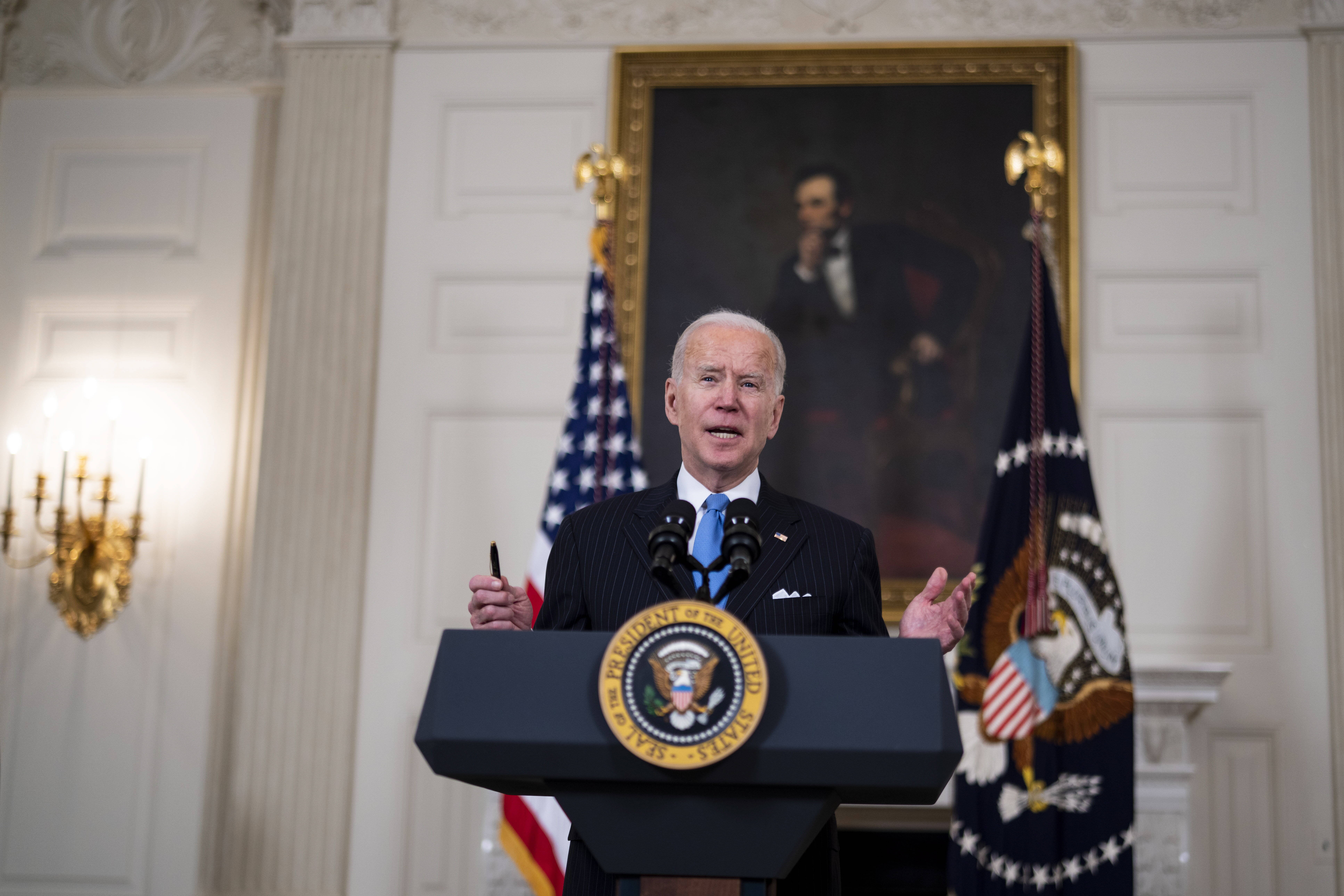
What could Biden’s election victory mean for Europe?
Joe Biden’s assumption of the US presidency following the outgoing President Donald Trump’s leadership heralds changes in the policy of the largest Western power. This article aims to analyze the impact of the changing of the guard in Washington on the European Union and its geopolitical, economic, and political consequences. America would like to mobilize European allies to a common containment of China, and will also refer to collective transatlantic values to a greater extent. In the latter case, the influence of the new administration on integration processes may turn out to be particularly pernicious.

Central Europe in 2021: The 30th Anniversary of the Visegrad Group. The Year of Opportunities and Challenges
At first glance, the year 2021 may seem very promising for Central European countries, many of which came through the COVID-19 pandemic with fewer losses than most Western European states – especially taking into account their unemployment rate or GDP decline. What is more, the previous year ended with a relatively strong signal of the further development of the Three Seas Initiative (a project of twelve Central European countries located along the Baltic Sea, the Adriatic Sea, and the Black Sea), strengthening its intergovernmental and executive qualities. On top of that, the new members’ contributions in the region enlarged the Three Seas Initiative Investment Fund (TSIIF), and the US announced its first financial input.
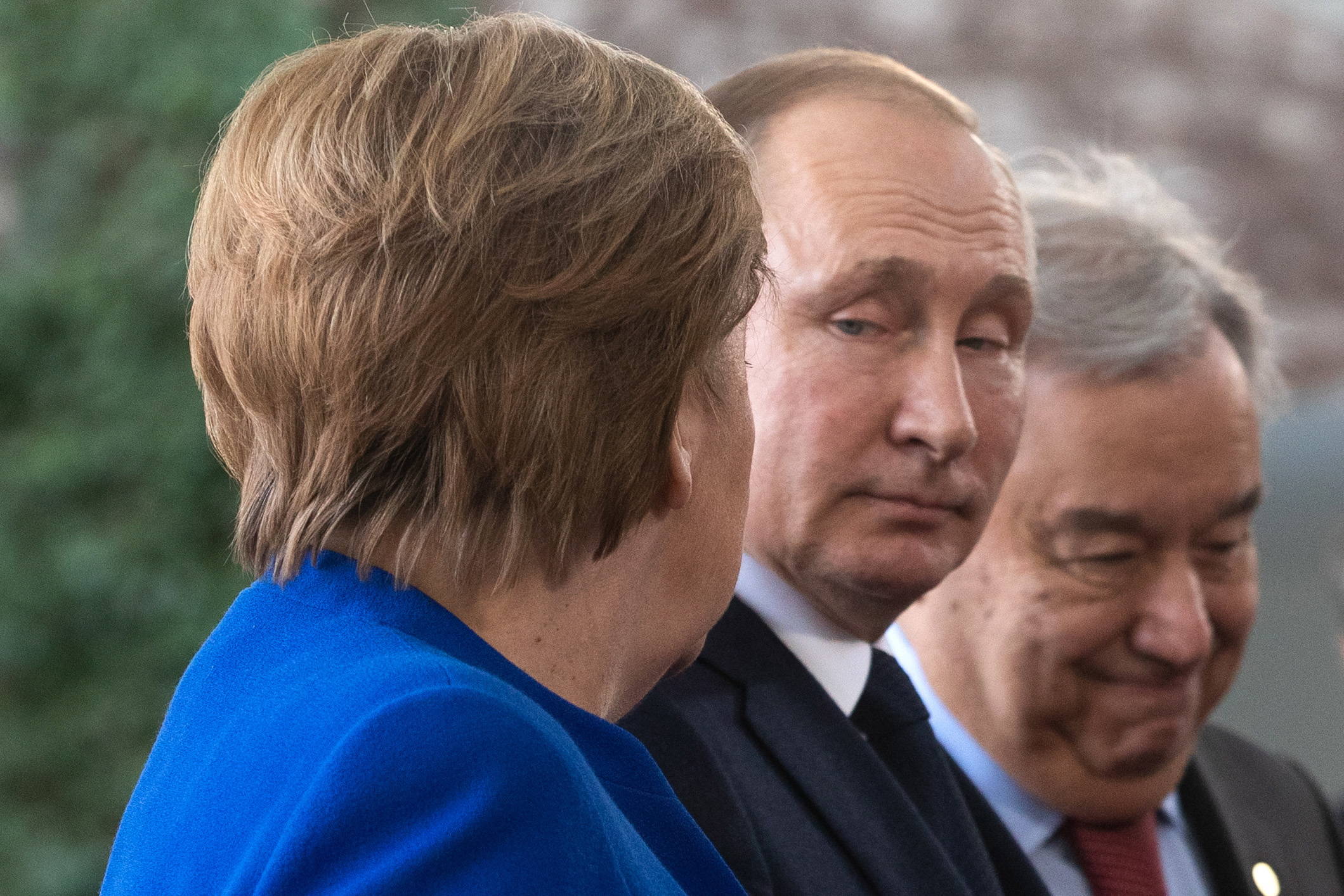
Nord Stream 2: Walking a Geopolitical Tightrope
The fate of the Nord Stream 2 project is doubtful, and it is gradually becoming a litmus test of relations between the US and Germany.
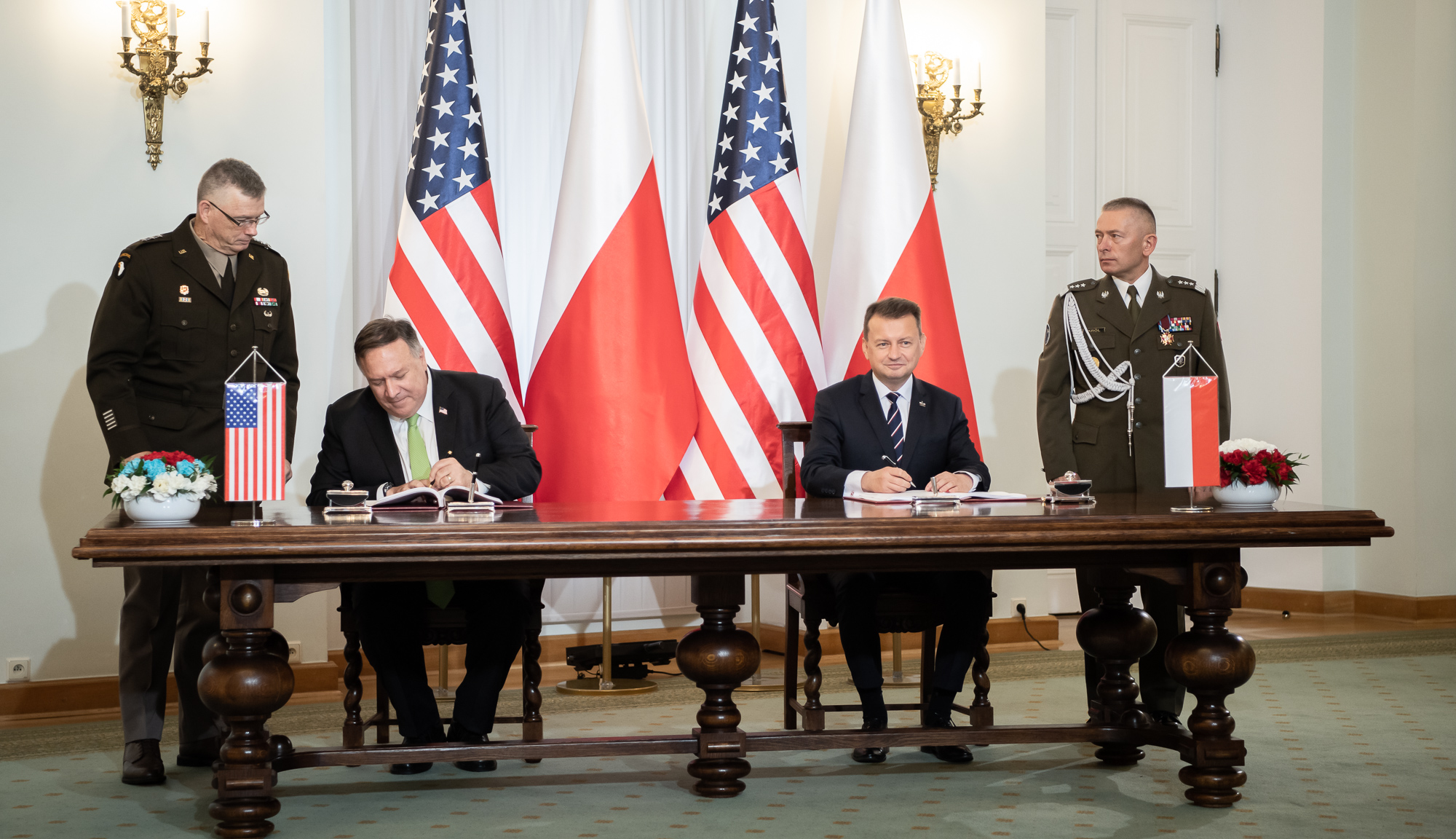
The eastern flank of the West: Central Europe in the face of a dynamic world situation
Mass protests in Belarus, the smoldering Russo-Ukrainian war, erosion of the power system in Russia, the war between two Eastern Partnership countries – Azerbaijan and Armenia, the frozen conflict in Transnistria, the evolving situation in Moldova, the meandering of Turkey’s policy towards Russia, the USA, NATO and the EU, the election-related political crisis in the US, and the yet unknown vectors of the foreign policy of Joe Biden’s administration, the third crisis in a row in the European Union – after this in the Eurozone, (2008–13) and those related to immigration (2015–16), and currently to the COVID-19 pandemic (2020–2021), the political twists and turns it is facing in connection with the elections in the Netherlands (March 17, 2021) and in the three largest EU member states: Germany (September 26, 2021), France, and Italy (2022), as well as possible early elections in the fourth largest EU country, Spain, torn by all the EU crises and Catalan separatism… These are examples of factors, which make it necessary for the countries located on the eastern flank of NATO and the European Union to prepare for possible bad scenarios and demonstrate their ability to face them. What potential do they have and what could they do to, if not integrate, then coordinate their potential; to what extent should they do it and in what directions? What structures for such integration do already exist, and to what degree are they advanced? What is the main challenge for these countries, and what constitutes a mere shortcoming in resisting these negative scenarios?
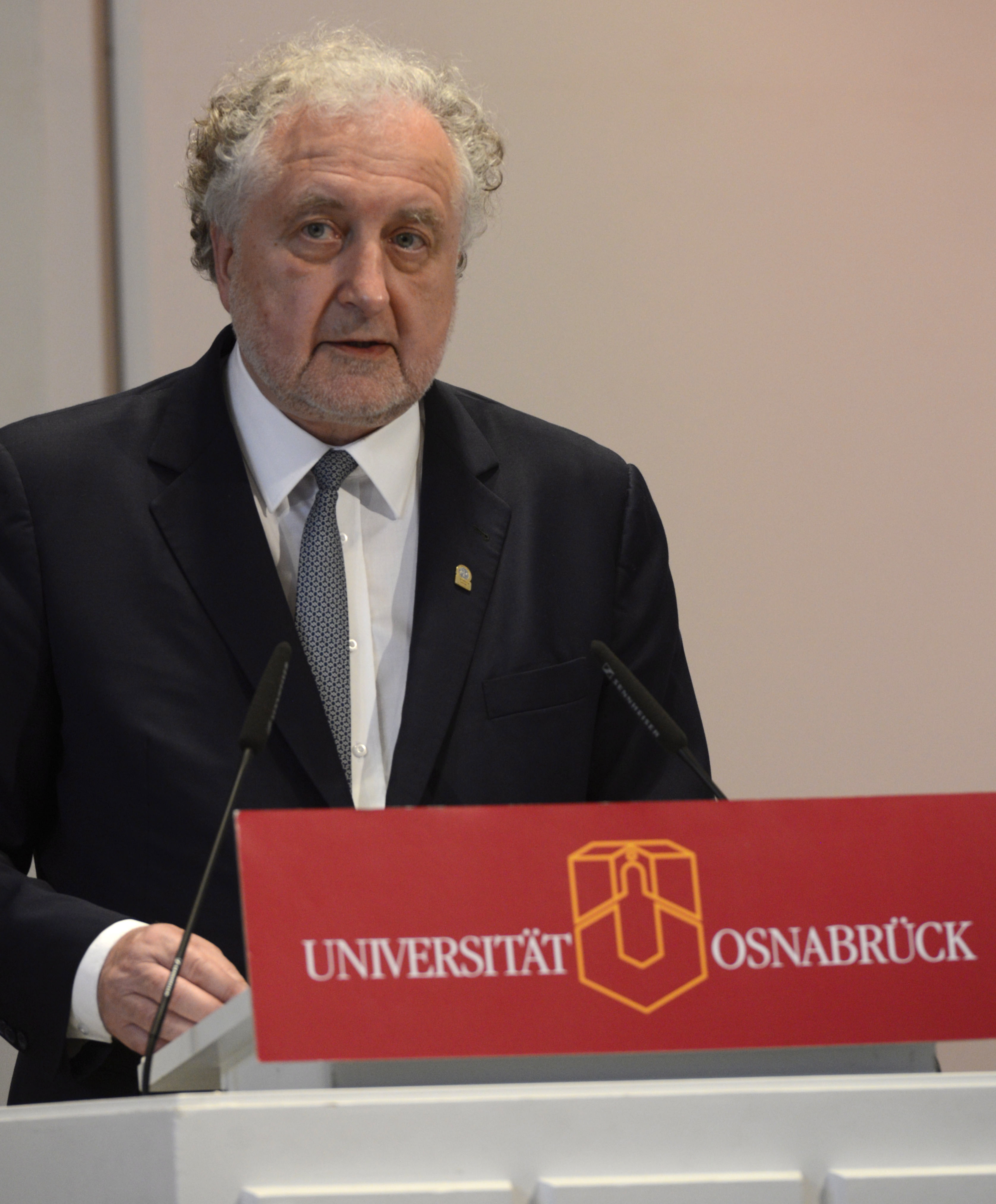
The context and meaning of judicial reforms in Poland after 2015
The reforms of the judiciary in Poland after 2015 are usually explained as an attack on the rule of law and the erosion of democracy. Meanwhile, it can be viewed from the other side as the final farewell to the circular political contract, on the basis of which the so-called third power was removed from the process of constitutional transformation.















